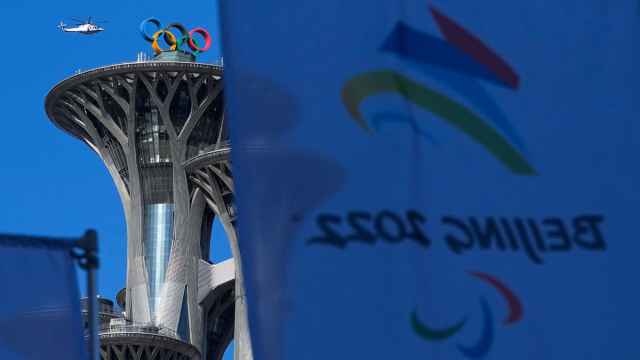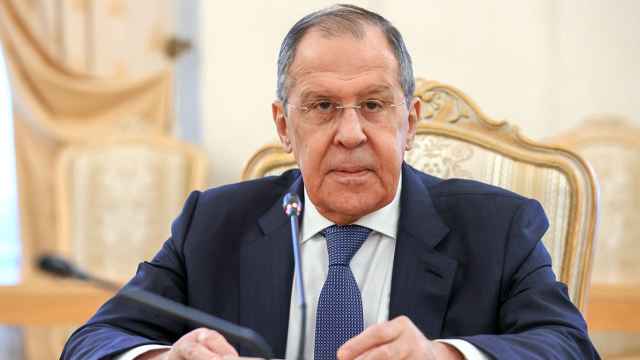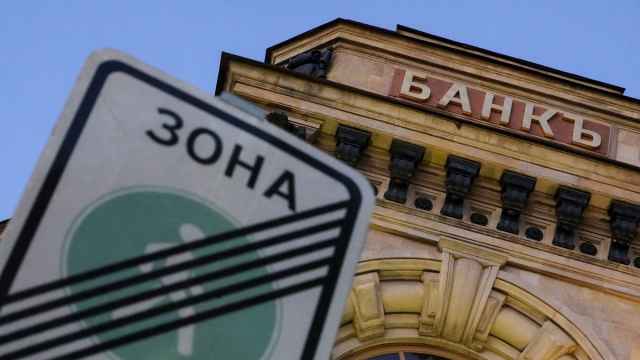Police in Ukraine have received new evidence that may help identify those who ordered the murder of award-winning investigative journalist Pavel Sheremet in 2016.
"The documents and audio recordings, the last of which are dated by 2012, are already at the disposal of the investigation," the police said in a statement.
Fragments of these recordings published on the Internet contain the voices of "unidentified persons discussing the murder" of Sheremet, including the option of poisoning him, the statement added.
The National Police also said they had received permission to conduct an investigation in an EU country, but did not specify which one.
Parts of the audio recording were released by Belarus opposition Telegram channel Nexta Live, which claims that one of the voices is that of former Belarusian KGB chief Vadim Zaytsev. Zaytsev headed the secret service in 2008-2012.
Sheremet was killed on July 20, 2016, when a bomb planted in his car exploded during the morning rush hour in Kiev.
Five suspects were detained in December over the killing, but Sheremet's supporters have expressed increasing discontent about the investigation.
A Russian national who was born in ex-Soviet Belarus, Sheremet worked for a top TV channel in Russia, but quit the country in 2014, the year Russia annexed Crimea.
He started working in Kiev for Ukrainska Pravda, a popular online newspaper whose founder Georgiy Gongadze himself was kidnapped and murdered in 2000 after investigating the alleged government corruption.
In 1998, Sheremet's earlier work in his native Belarus was honored by the U.S.-based Committee to Protect Journalists in their International Press Freedom Awards.
And in 2002, he received an award for his journalism from the Organization for Security and Cooperation in Europe (OSCE).
A Message from The Moscow Times:
Dear readers,
We are facing unprecedented challenges. Russia's Prosecutor General's Office has designated The Moscow Times as an "undesirable" organization, criminalizing our work and putting our staff at risk of prosecution. This follows our earlier unjust labeling as a "foreign agent."
These actions are direct attempts to silence independent journalism in Russia. The authorities claim our work "discredits the decisions of the Russian leadership." We see things differently: we strive to provide accurate, unbiased reporting on Russia.
We, the journalists of The Moscow Times, refuse to be silenced. But to continue our work, we need your help.
Your support, no matter how small, makes a world of difference. If you can, please support us monthly starting from just $2. It's quick to set up, and every contribution makes a significant impact.
By supporting The Moscow Times, you're defending open, independent journalism in the face of repression. Thank you for standing with us.
Remind me later.






